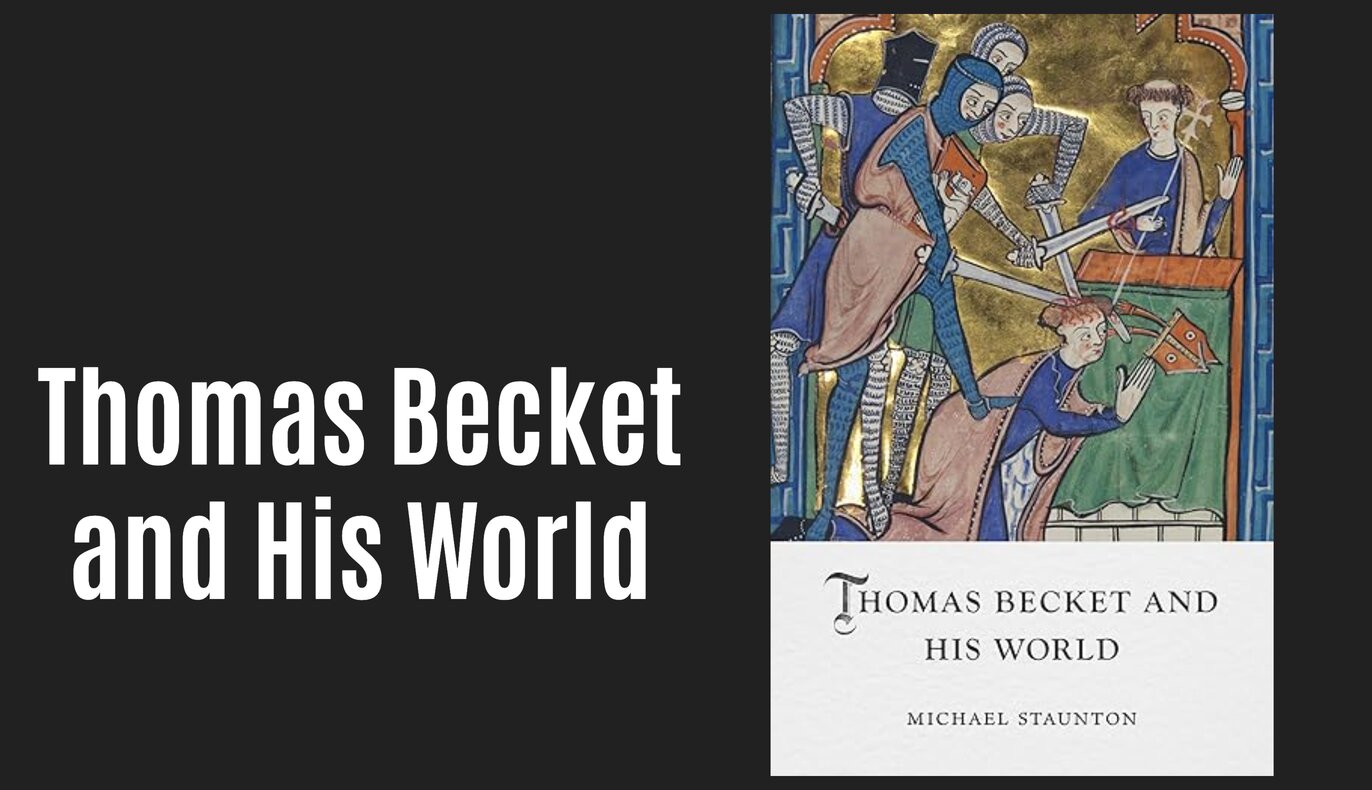
"The aim is to narrate some of the most significant events in Thomas's life, as well as his murder and its aftermath, but also to address questions that this life provokes: How did a London merchant's son advance to the position of chancellor to King Henry II, and then archbishop of Canterbury? Did Thomas, as his champions claim, undergo a dramatic conversion on becoming archbishop? Was the rift with his former friend the king based on personal rivalry, or on deeper issues?"
"For centuries people have been telling the story in different ways, and this is just the latest attempt to do so. As with any biography, it is both an account and an interpretation. The aim is to narrate some of the most significant events in Thomas's life, as well as his murder and its aftermath, but also to address questions that this life provokes:"
"This biography examines the life of Thomas Becket, who was murdered in Canterbury Cathedral in 1170. His dramatic death, which transformed him into one of the most venerated saints of the Middle Ages, inspired a wealth of contemporary accounts that document his life and legacy in remarkable detail. Since the twelfth century Thomas's story has been recognized as an important and dramatic one that demanded to be told and retold."
Thomas Becket rose from a London merchant's son to become chancellor to King Henry II and then archbishop of Canterbury. His murder in Canterbury Cathedral in 1170 made him a venerated medieval saint and generated abundant contemporary accounts documenting his life and legacy. The life raises questions about a claimed dramatic conversion upon becoming archbishop, the nature of the rift with the king—personal rivalry or institutional conflict—and whether the murder was martyrdom or an arrest gone wrong. The narrative emphasizes Becket's life and the developments in kingship, government, and law that framed his conflict.
Read at Medievalists.net
Unable to calculate read time
Collection
[
|
...
]